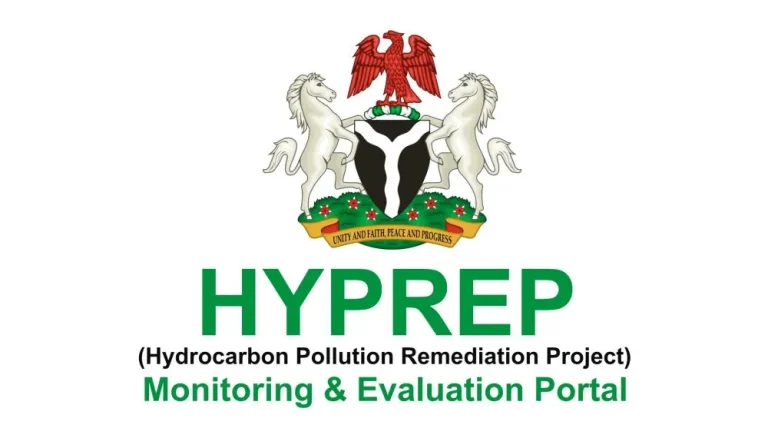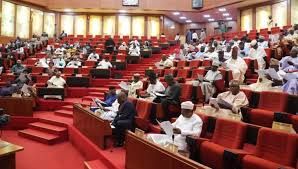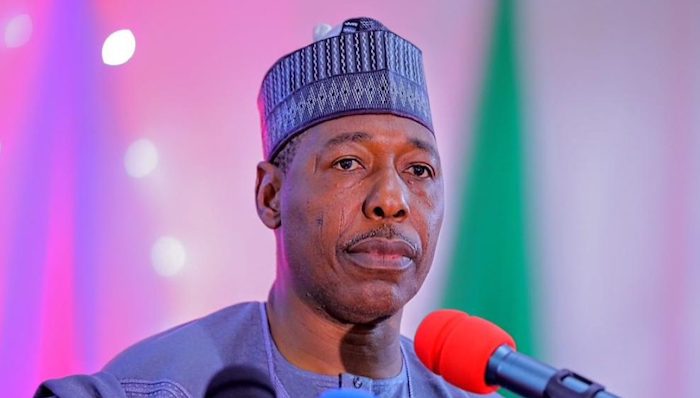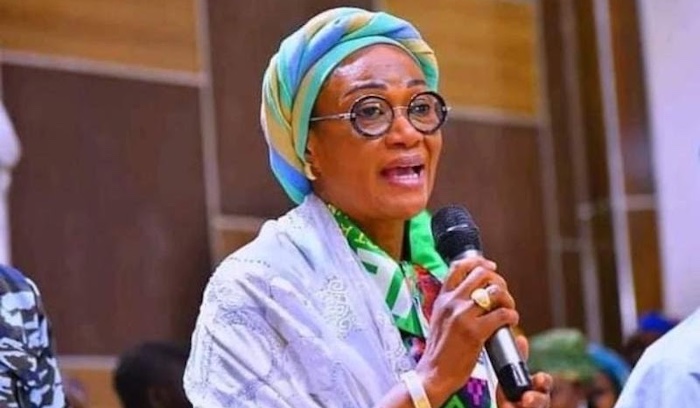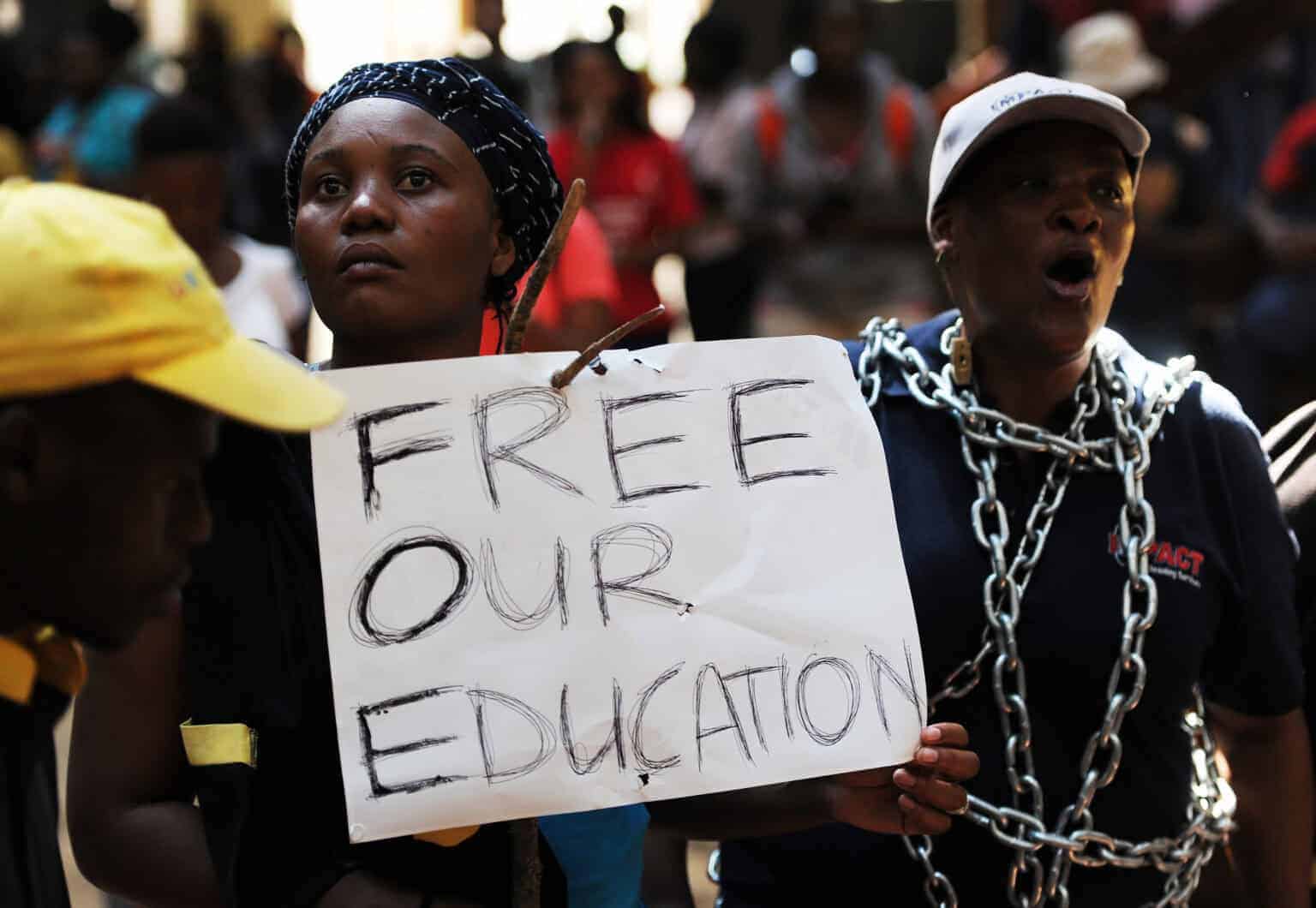
When students believe something isn’t working, they tend to organise a shutdown. Is the National Student Financial Aid Scheme (Nsfas) working? Not really. Strange how that’s not being shut down.
I guess with some money still trickling down, it would appear to be doing its thing despite the cost it comes with.
Let’s not get it wrong though.
The lazy argument is that shutting down Nsfas is anti-poor, counter-revolutionary, and a whole lot of “what do those even mean?” kinds of accusations. You know the type, when you’re accused of being neo-liberal because you put an Israeli cucumber in your Greek salad.
Is Nsfas effective?
It’s become common in South African discourse to assume exclusive solutions to multiple problems. BEE is one of them. If you’re critical of the policy, it can only be because you don’t want a black diamond to shine. There’s little room for constructive discourse on a policy with several flaws because it’s protected by a warped ideological shield rather than its own strength and its effects.
Similarly, Nsfas sucks. Ask anybody who’s tried to deal with them. Students hate it, and yet they’ll protect it in principle because they’re fooled into thinking that it’s their only path to free education. There are several arguments for and against free education. That’s not what this is about. This is about whether, assuming that free education should be in effect, Nsfas is effective. The answer is: absolutely not.
ALSO READ: Over 100 000 students face losing Nsfas aid
Even if one accounted for some waste and irregular expenditure, when that rises to amounts that could be spent on executing its mandate, there must be scope for questions. R60 billion in irregular expenditure could have put a lot of children through higher education. And that’s after the SIU report in 2023 found some 40 000 students had been funded incorrectly.
Students deserve better
It’s like we know they’re stuffing up at Nsfas, but nobody is doing anything about it because it’s assumed that if it goes, so will the opportunities for thousands of South Africans to be unemployed graduates.
The promised land of tertiary qualifications can be great, though it scarcely seems to be so at the moment. Couple that with the ineffective sieved model of Nsfas and the costs of the scheme, and one struggles to accept why we still do it.
Godongwana on the money
Finance Minister Enoch Godongwana isn’t going to be popular for declaring his disdain towards the funding entity, but he’s right on the money. It isn’t working like it should, and where it does work, it costs a pretty penny to give the illusion of functionality.
In any other instance, it wouldn’t be close to acceptable. How about a free state-of-the-art hospital with a single bed? A kitted-out school with 50 classrooms but only 10 teachers? Twenty SABC channels, but they all only broadcast for seven minutes at 4.29am on a Thursday?
If you’re going to give the public something, make sure it’s functional and utilises its resources well. We can’t celebrate free education under the guise of opening the doors of learning when so many still have to ram the doors open because R60 billion went elsewhere.
ALSO READ: ‘Her job will be almost untenable’: Nsfas faces concerns after board chair resigns
So if Godongwana gets the support required to galvanise some query into Nsfas, let’s not make the mistake of thinking it’s an attack on free education.
It’s an attack on how free education is distributed and addressing the real issue at hand: can we do it better and impact change on more young people? Yes. We absolutely can. We just need to be allowed to have the space to have that conversation without it being shut down as unprogressive… whatever that means.
